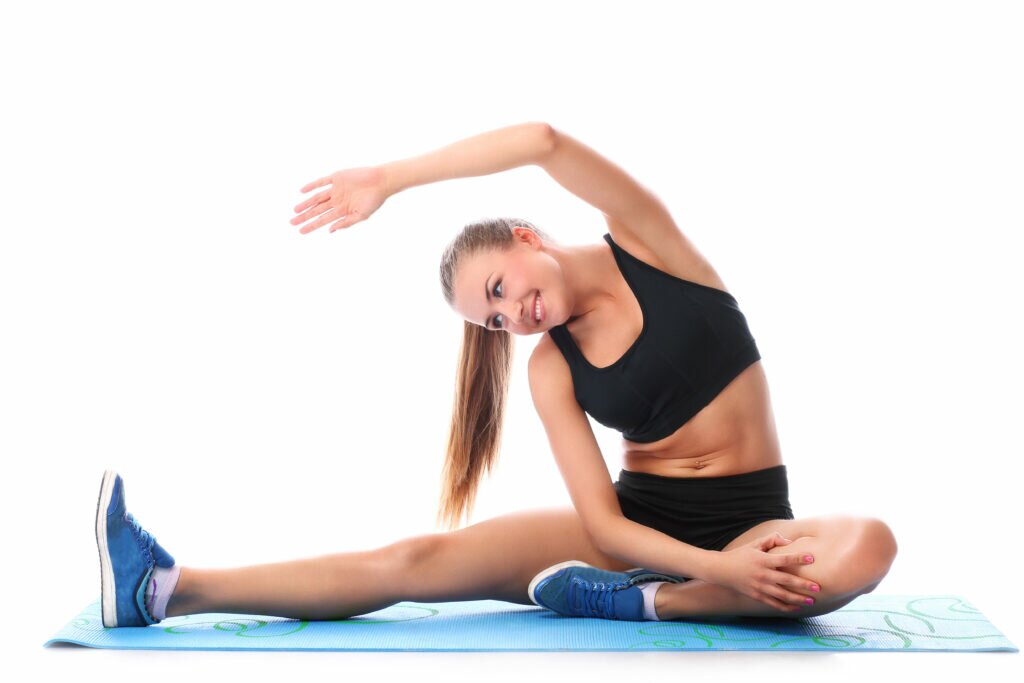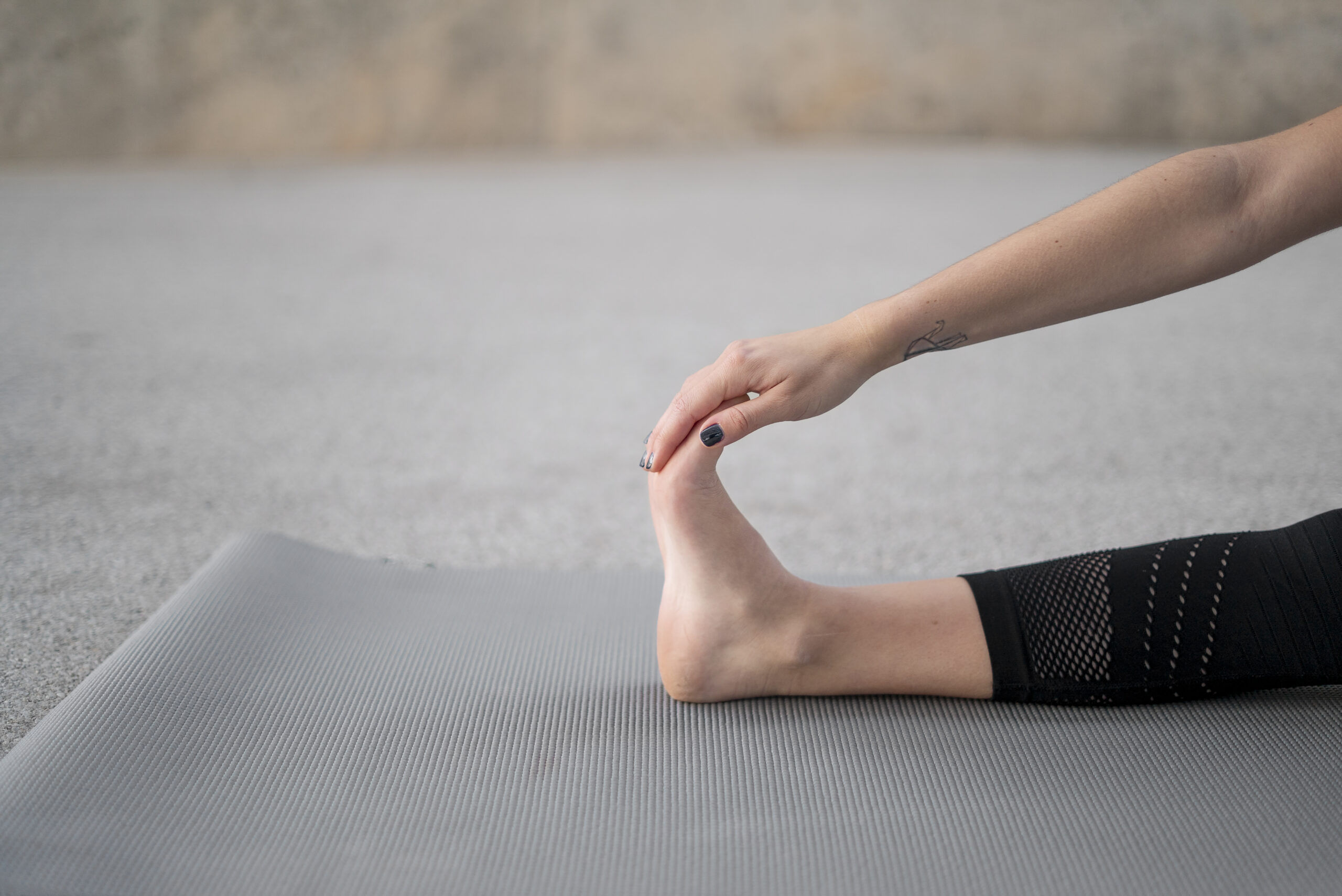Yoga, a centuries-old practice originating in ancient India, has gained immense popularity worldwide as a holistic approach to physical, mental, and spiritual well-being. As more people embrace yoga as part of their daily routine, discussions about the appropriate attire during yoga sessions have surfaced. One question frequently asked by yoga enthusiasts is, “Do you wear shoes for yoga?” In this article, we will explore the pros and cons of wearing yoga shoes to help you make an informed decision about your practice.
The Importance of Proper Yoga Attire
Before delving into the debate about yoga shoes, it is essential to understand the significance of wearing suitable clothing during yoga sessions. The right attire should allow for unrestricted movement, maintain comfort, and promote focus. Most practitioners traditionally opt for lightweight, breathable, and flexible clothing that enables them to flow seamlessly through various yoga poses.
Traditional Approach to Yoga: Barefoot Practice
In the traditional practice of yoga, practitioners perform asanas (postures) and meditations barefoot. This approach stems from the belief that connecting directly with the ground enhances the flow of energy and aids in grounding and balance.
The Rise of Yoga Shoes: Understanding the Concept
In recent years, the concept of yoga shoes has emerged, which challenges the traditional barefoot approach. Yoga shoes are designed to provide better grip, support, and protection during yoga sessions. They often resemble lightweight, flexible socks with grippy soles.
Pros of Wearing Yoga Shoes

Enhanced Grip and Stability
Yoga shoes are equipped with specialized rubber soles that offer superior grip on yoga mats or studio floors. This added stability can be beneficial, especially for beginners or individuals with limited balance.
Protection and Hygiene
Yoga shoes act as a barrier between your feet and the floor, protecting you from dust, dirt, and germs that might be present in shared yoga spaces. They are particularly useful if you have foot injuries or infections.
Comfort and Support
These shoes are designed with comfort in mind. They provide cushioning and support to the feet, making certain poses more accessible and comfortable, especially on hard surfaces.
Cons of Wearing Yoga Shoes
Limited Ground Connection
One of the key principles of yoga involves connecting with the earth and finding balance. Wearing yoga shoes may create a slight disconnect from the ground, reducing the sensation of grounding during practice.
Reduced Flexibility
Yoga shoes can restrict the natural movement of your feet, potentially limiting the flexibility required in certain poses. This limitation might hinder your progress in the long run.
Dependency on Footwear
Regular use of yoga shoes could lead to a dependency on them, making it challenging to practice yoga barefoot when needed or desired.
The Controversy: Opinions of Yoga Gurus
The use of yoga shoes has sparked debates within the yoga community. While some yoga practitioners and instructors endorse the concept, others argue that traditional barefoot practice remains the most authentic and effective way to experience yoga’s true essence.
Should Beginners Wear Yoga Shoes?
For beginners, wearing yoga shoes can offer added support and stability during the initial stages of practice. However, it is essential to gradually transition to barefoot practice to develop a stronger connection with the ground over time.

Choosing the Right Yoga Shoes
If you decide to try yoga shoes, it is crucial to select the right pair. Look for shoes that are lightweight, breathable, and fit your feet snugly without being too tight. Additionally, ensure they have adequate grip and flexibility.
Alternatives to Yoga Shoes
If you prefer not to use yoga shoes, consider alternatives such as yoga socks with grips, and toe spreaders, or practicing on a yoga mat with good traction.
Combining Barefoot and Shoe Practice
Some practitioners choose to strike a balance by alternating between barefoot and shoe practice. This approach allows them to experience the benefits of both methods while maintaining a deeper connection to their practice.
The Mind-Body Connection in Yoga
Ultimately, the choice of wearing yoga shoes or practicing barefoot is a personal decision. Yoga is a journey of self-discovery, and different approaches work for different individuals. Focus on the mind-body connection and what feels most comfortable and natural to you.
Embracing Individual Choice in Yoga Attire
As yoga evolves, it is essential to embrace individuality and personal preferences. Respect the choices of others and allow yourself the freedom to experiment with various styles and practices until you find what resonates best with you.
Addressing Safety Concerns
While yoga shoes can offer benefits, safety should always be a priority. Avoid wearing shoes with an excessive grip that might cause strain or lead to injuries during certain poses.
Conclusion
In conclusion, the debate on whether to wear shoes for yoga highlights the dynamic nature of this ancient practice. Yoga shoes can provide enhanced stability, support, and hygiene while also presenting potential drawbacks like reduced flexibility and limited ground connection. Beginners may find them beneficial initially, but transitioning to barefoot practice can foster a more profound mind-body connection in the long term.
As you embark on your yoga journey, remember that the choice of yoga attire is a personal one. Embrace the diversity of opinions and approaches within the yoga community and prioritize comfort, safety, and authenticity in your practice.
FAQs
Can I wear regular athletic shoes for yoga?
While it’s possible, regular athletic shoes might hinder flexibility and stability during certain yoga poses. It’s best to opt for specialized yoga shoes or practice barefoot.
Do yoga shoes work on all types of yoga mats?
Yoga shoes generally work well on most yoga mats, especially those made of natural rubber or with textured surfaces.
Are there specific brands of yoga shoes recommended by experts?
Different brands offer various styles of yoga shoes. It’s essential to choose a reputable brand known for comfortable, high-quality yoga footwear.
Can yoga shoes prevent injuries during practice?
While yoga shoes can provide some level of protection, proper form and technique are more critical in preventing injuries during yoga sessions.
Do advanced yogis use yoga shoes?
The use of yoga shoes varies among advanced yogis. Some prefer the traditional barefoot approach, while others may use yoga shoes for specific purposes.

